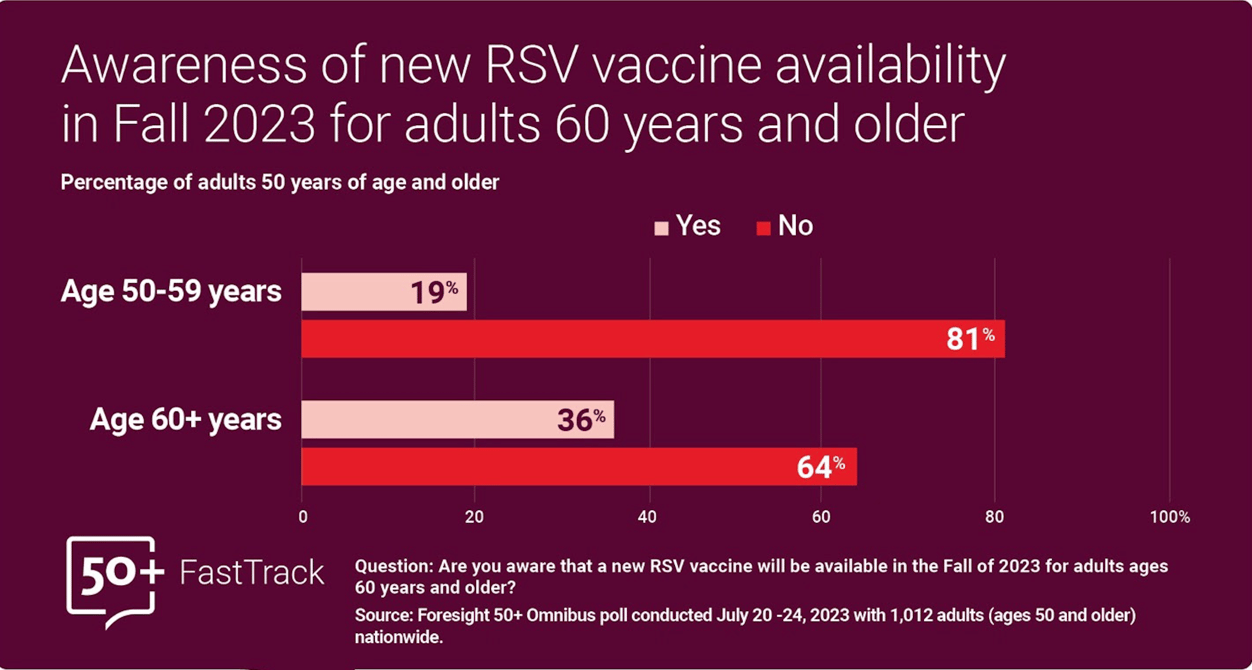Closer Look
Opinion: Her cure for ARFID was self-treatment. There should be a better way
 Molly Ferguson for STAT
Molly Ferguson for STAT
Since Danielle Meinert was 2 years old, she's had an eating disorder known as ARFID — avoidant/restrictive food intake disorder. Only bread and cheese didn't make her gag. "An eating disorder isn't pickiness or preference — I desperately wanted to change," she writes in a STAT First Opinion. Named only in 2013, one study estimates ARFID affects up to 3.2% of people between 8 and 13 years old.
Having pursued treatments into adulthood, she was eventually drawn to nonaddictive psychedelics after seeing a documentary on its use in eating disorders. So she tried a therapeutic dose of psilocybin mushrooms. "As ridiculous as this may sound, it was through this process that I healed my lifelong eating disorder. I tried an untested DIY therapy, and it worked," she says, while acknowledging she can't ethically recommend it for others with ARFID. "Nearly a year later, I'm the most adventurous eater I know." Read more about the monster she asked to leave her alone.
elder care
Unionized nursing homes more likely to report worker illness or injury
The pandemic's earliest days shone a harsh light on the plight of nursing homes and the workers who staff them. A new study reminds us that injury and illness rates were already higher for workers in nursing homes than in coal mines, steel and paper mills, warehouses, and trucking. Regularly lifting heavy patients can lead to muscle sprains, strains, tears, and back injuries. OSHA requires nursing home administrators to report injuries and illnesses, but as the researchers write in Health Affairs, workers may be reluctant to flag health problems to their employers for fear of disciplinary action.
For their analysis, the study authors compared nursing home reports to OSHA before and after unionization from 2016 through 2021. They found that two years after unionization, nursing homes were 31 percentage points more likely than non-unionized nursing homes to comply with OSHA reporting requirements.
infectious disease
Many older adults don't know about RSV vaccines

We've been hearing a lot more about respiratory syncytial virus, or RSV, recently, thanks to the pandemic scrambling seasonal timelines for many viral infections. After years of development, there are now two vaccines. RSV causes mild symptoms in most people but poses more danger to children, chronically ill patients, and older people. A new survey from NORC at the University of Chicago reports that 6 in 10 adults over age 50 hadn't heard about the virus and 7 in 10 weren't aware of the vaccine.
Asked whether they would get the shots, 20% said they definitely wouldn't and 53% weren't sure. Asked why not, 43% worried about side effects, 38% had concerns about vaccine development and the approval, and 30% didn't think they'd get seriously ill from RSV. As Ann Falsey, a professor of medicine at the University of Rochester, told STAT's Helen Branswell in May, "RSV has a bit of an identity crisis."


No comments